When I was offered a full-time job here in 1994, my understanding of this country was limited to say the least. Indeed, I should possibly confess now that a large part of my very favourable impression of this land was based at the time simply on having played a lot of competitive sport against expat Australians. Tough, fair, highly competitive and excellent company after the game would be an accurate summary of my findings.Most such were probably the sons of professional people and farmers. What they collectively represented to me, however, was a notion of an upright, somewhat traditional and thoroughly desirable-seeming Australia.
After travelling from England to take up my post here, I rapidly found myself described very unfavourably in a long article in the now rapidly failing newspaper the Age, followed not long afterwards by an equally hostile TV show concocted by the ABC. Clearly, even to be suspected of being a conservative in Australia within the field of culture and the arts was, in the eyes of some at least, an unforgivable sin.
I hope you will excuse these self-indulgent seeming reminiscences, which serve simply to introduce my account of attendance recently of the book launch of Making Australia Right (Connor Court), an evening introduced with considerable charm, relevance and wit by Tony Abbott. The subtitle of the book is ‘Where to from here?’: Fifteen carefully chosen writers debate the future of conservatism in Australia.
Sadly, however, in my view at least – and apparently that of Mr Abbott – the general tenor of the book itself is slightly dispiriting. That is possibly due, in part, to writers setting out the precise nature of the problems we face without presenting sufficiently confident answers. After two decades of living in Australia, it is easy to see why an atmosphere of at least mild melancholy seems to persist these days in conservative circles. Alongside the general dumbing down of the nation through poor and heavily politicised education, our citizens now also face a lifetime of exposure to some of the worst newspapers and TV programs available anywhere – all of the latter taking place within the context of a general retreat from such vital intellectual notions as truth and objectivity. Our unfortunate, semi-educated citizens thus become subjected now to endless rhetorical haranguing in an absence of any kind of useful ability to fight back. Rhetoric – language designed simply to persuade or impress – is the natural idiom of advertising and politics, yet now also infiltrates many of the most vital areas of our human life and thought.
Happily for me, I quickly grasped the inherent dangers of largely rhetorical language while working in my former career as an art critic.
In Making Australia Right, distinguished professional writers attempt to argue the case for conservatism within the context of their particular disciplines, e.g. economics, education, religion and the law. I applaud the sincerity of their efforts, yet fear they are often describing symptoms rather than the disease itself, which is slowly undermining Western life.
Thus, in any debate between capitalism and coercive socialism, we tend to contrast a system which can work within a free society – if intelligently and benevolently applied – with a coercive system which has no record whatsoever of ever being successful due to the inherent flaws which became fully apparent during the course of the last century. Yet today the true enemy of conservatism is not necessarily either socialism or communism, but much more plausibly post-modernism, which attempts to undermine the basic social machinery that enables traditional societies to work. Post-modernism has attempted to establish a new and entirely unproven moral system by stealth, substituting the basic binary opposition of good and evil with a series of largely unnecessary and unnatural oppositions – such as that between women and men or coloured races and whites. However, in a predominantly Christian society like Poland (which not only refuses to accept mass Muslim immigration but has also outlawed abortion and euthanasia) many social initiatives remain possible which would be unworkable and unthinkable in post-modernist societies. In such a sense, conservatism itself needs to become a form of moral philosophy once more; capable of resisting spurious moral, economic and social arguments simply through its own internal vigour and self-belief.
In Making Australia Right, one of the longer and more energetic essays attacks the coercive phenomenon of political correctness. In my own recent book Culture at Crisis Point (also Connor Court), I recount how lucky I feel to have reached adult life before that particular phenomenon struck. Indeed, my own first, incredulous contact with it was through a recent graduate from an American university who criticised a book I had recently written solely in terms of political correctness. ‘You absolutely can’t say this and can’t say that,’ the recent student intoned, reading from her long list of prohibitions. To someone unprepared for them, her arguments sounded utterly bizarre and completely mad, yet she was in no doubt about their rightness.
Conservativism is perhaps the art of recognising and fully valuing timeless realities before any further absurd assaults on our common consciousness take place. In an excellent but deeply disturbing essay on the rise of activism in the practice and teaching of law, James Allan rightly implores us all to wake up. For what is being eroded daily in the life of Australian and other Western universities is not just priceless but irreplaceable – and exactly the same applies just as forcibly to life itself within Western society.
In Russia, in the meantime, the novel term ‘post-Western society’ is rapidly becoming ominously familiar…
Got something to add? Join the discussion and comment below.
Get 10 issues for just $10
Subscribe to The Spectator Australia today for the next 10 magazine issues, plus full online access, for just $10.


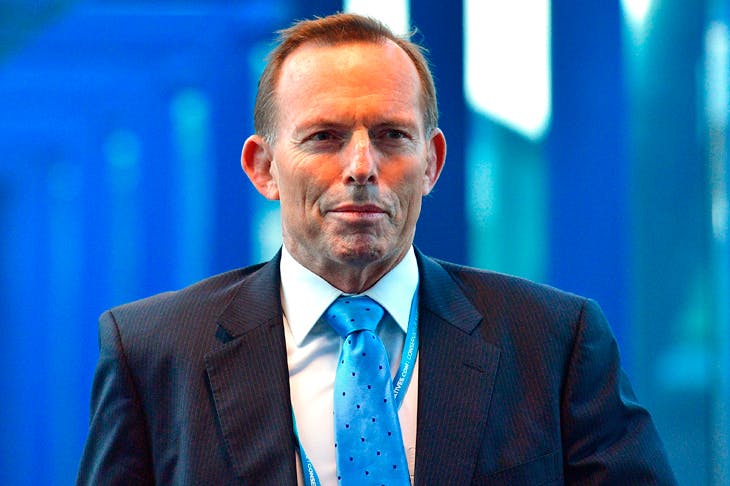
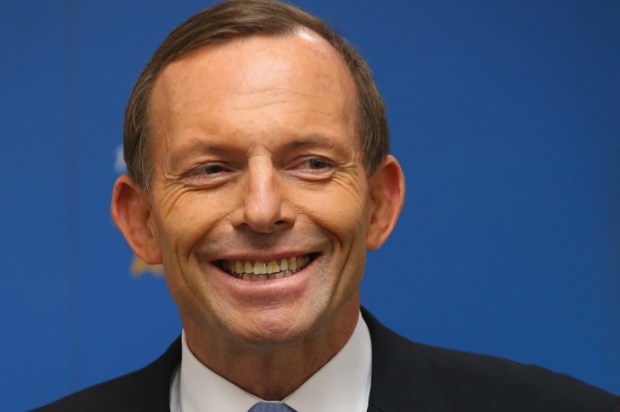

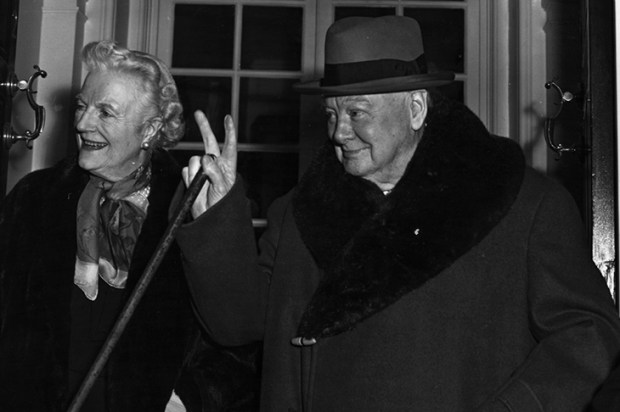
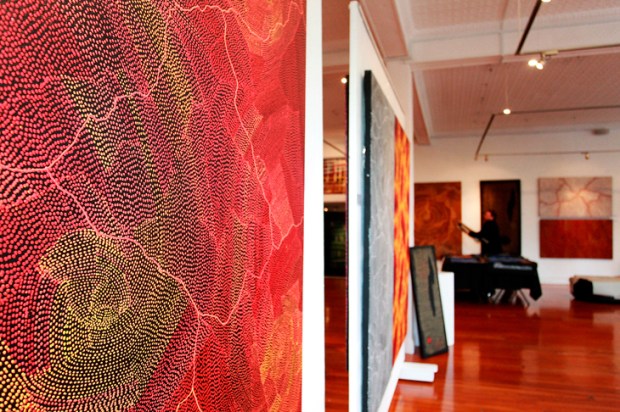
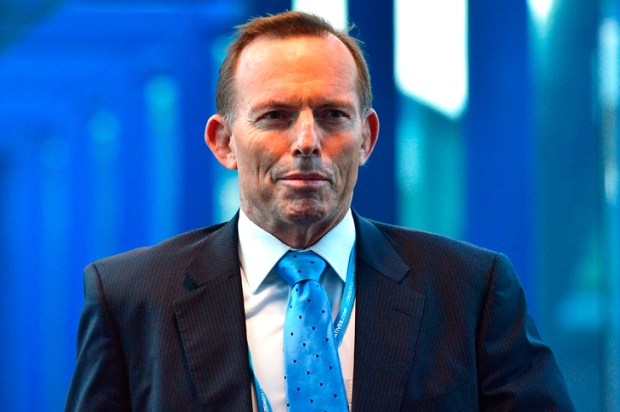
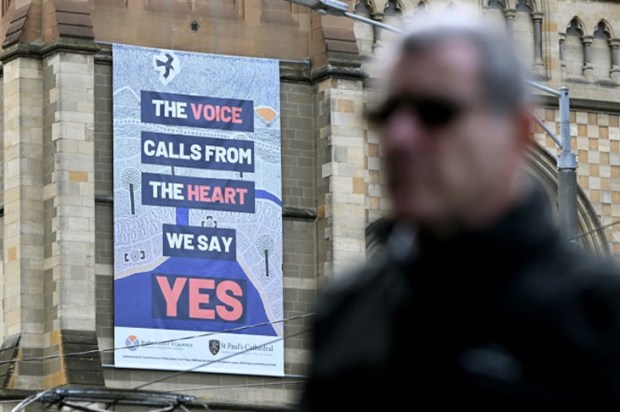






Comments
Don't miss out
Join the conversation with other Spectator Australia readers. Subscribe to leave a comment.
SUBSCRIBEAlready a subscriber? Log in